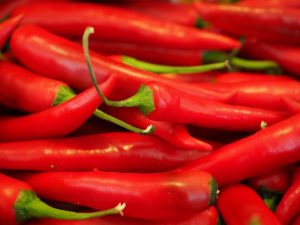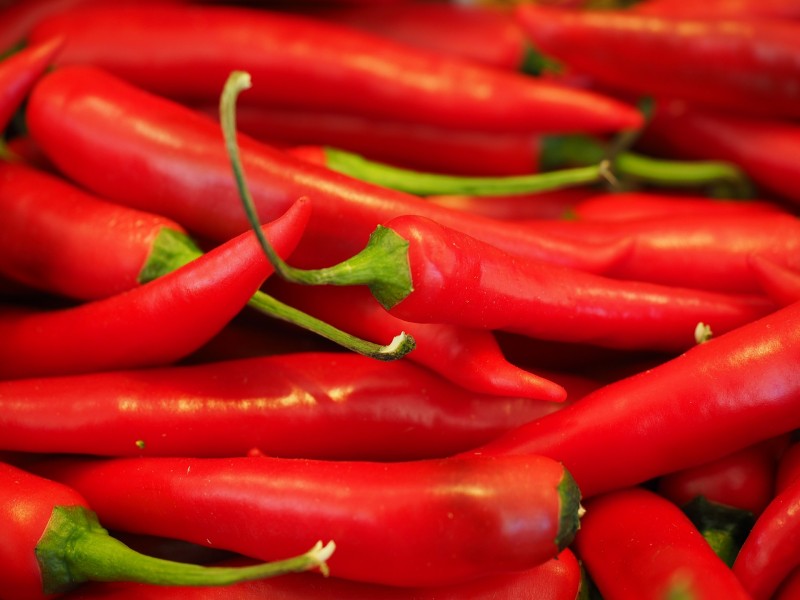First published on ScienceDaily
Taking part in a hot chili pepper eating contest might have some unexpected consequences, highlight doctors in the journal BMJ Case Reports.
Their warning comes after a young man ended up in emergency care with excruciatingly painful episodic headaches after eating a ‘Carolina Reaper,’ the world’s hottest chili pepper.

Image: pixabay.com
His symptoms started immediately after he had eaten the chili, with dry heaves. But he then developed severe neck pain and crushingly painful headaches, each of which lasted just a few seconds, over the next several days.
His pain was so severe that he sought emergency care, and was tested for various neurological conditions, the results of which all came back negative.
But a CT (computed tomography) scan showed that several arteries in his brain had constricted, prompting doctors to diagnose him with thunderclap headache secondary to reversible cerebral vasoconstriction syndrome (RCVS).
RCVS is characterised by temporary artery narrowing often accompanied by thunderclap headache. It doesn’t always have an obvious cause, but can occur as a reaction to certain prescription meds, or after taking illegal drugs.
This is the first case to be associated with eating chilli peppers, explain the authors, although they point out that eating cayenne pepper has been linked to sudden constriction of the coronary artery and heart attacks.
“Given the development of symptoms immediately after exposure to a known vasoactive substance, it is plausible that our patient had RCVS secondary to the Carolina Reaper, write the authors.
The man’s symptoms cleared up by themselves. And a CT scan 5 weeks later showed that his affected arteries had returned to their normal width.
Story Source: BMJ. “Man develops severe ‘thunderclap’ headaches after eating world’s hottest chili pepper: His pain was so intense that he sought emergency care.” ScienceDaily. ScienceDaily, 9 April 2018. <www.sciencedaily.com/releases/2018/04/180409185313.htm>.





